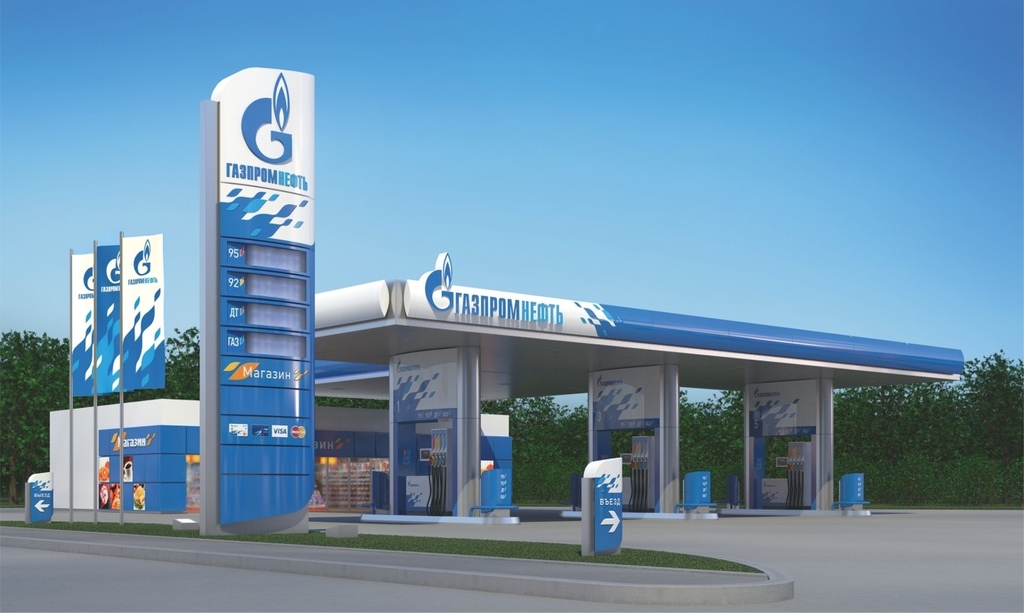RUSSIA MONITOR
Date: 14 June 2018
Excise Duties on Gasoline: Russian Government’s Failure
The Russian authorities are currently considering reducing the excise duties on gasoline and diesel fuels; the increase in prices was expected to constitute a part of wider tax changes in the energy sector. The government was afraid of social discontent that might be caused by the sharp rise in prices at gas stations. The decision will trigger decline in budget revenues from the reduction of excise taxes on fuel as oil companies are overtly against paying more. Nevertheless, the policy led by such oil giants as Rosneft contributed to lower amount of petroleum products on the domestic market. However, the solutions adopted by the government are conducive to the largest market players and, at the same time, endanger small independent gas station chains.

The issue of high prices at gas stations were not mentioned at Vladimir Putin’s annual live call-in show, in which the Russian President played the role of a “good tsar”. Mr Putin considered recent rapid growth in gasoline prices unacceptable and he promised to stabilise the situation on the market. However, due to his consent, the government has taken measures that have significantly contributed to the rise in retail prices on the Russian petroleum market.
According to official data, from January to the end of May, retail fuel prices rose by 7-8 percent, with inflation of 1.6 percent. The biggest increase in prices was noted in May. The worst situation could be observed in the Far East and Moscow where normal (95 octane) unleaded petrol cost even 47 roubles per litre. The problem is therefore as much political as it is economic. In mid-May, Russian truck drivers took part in massive protests against the new taxation. Strikes took place in many Russian regions, from Irkutsk to Dagestan. Interestingly, in some of them, the protests were backed by local authorities. Such increase in prices was caused not only by the higher price of oil on the global market (its share in the price of fuel in Russia is estimated at 6 percent) but also by rise in excise duties (the share of taxes in the fuel price amounts to 65 percent). The government planned to introduce necessary changes step by step. The first one took place in January while the next one was planned for July. After the increase in excise duties in January this year, oil companies did not intend to rise prices until the elections so Russian citizens could observe the negative impact after Mr Putin’s re-elections, and more specifically, his swearing-in ceremony. The higher excise duty has also been caused by oil companies. High oil prices around the world along with a relatively weak rouble exchange rate mean that large companies prefer to export their products (for dollars) instead of selling them on the domestic market (for roubles). Such practices have been carried out by Russia’s state oil giant Rosneft, which had been even ordered by the country’s Federal Antimonopoly Service (FAS) to change the sales policy. Nevertheless, Rosneft has already claimed that such a solution would not be introduced so quickly due to the planned repairs in its refineries.
On May 22, the government decided to reduce excise duties from June 1. However, such information did not prevent prices from rising to the next level. So after a week Deputy Prime Minister Dmitry Kozak, who is in charge of energy issues, held a meeting with chiefs of oil companies. The latter promised to reduce prices at the gas stations but they urged to reduce excise taxes on gasoline and diesel fuels. The decision to reduce excise duty rates for motor gasoline by 3,000 roubles and for diesel fuel by 2,000 roubles will come into effect from June 1, 2018. Thanks to such step, average gasoline prices in Moscow fell for the first time until the beginning of March. It is possible that the planned increase in excise duties from July 1 will not take place; instead, the rate of excise tax may even drop. But the agreement on the freezing fuel retail prices concluded between the government and oil companies may eventually harm the oil sales market. If the government does not take additional steps, the majority of independent gas station chains may be closed within a year; as a result, it will lead to the market monopolization while fuel price might skyrocket to 100 roubles per litre, warns the Independent Fuel Union, the organisation that brings together private gas station owners. So they suggested that the government released the retail price for fuel or switched to manual management in the wholesale trading.
All texts published by the Warsaw Institute Foundation may be disseminated on the condition that their origin is credited. Images may not be used without permission.














